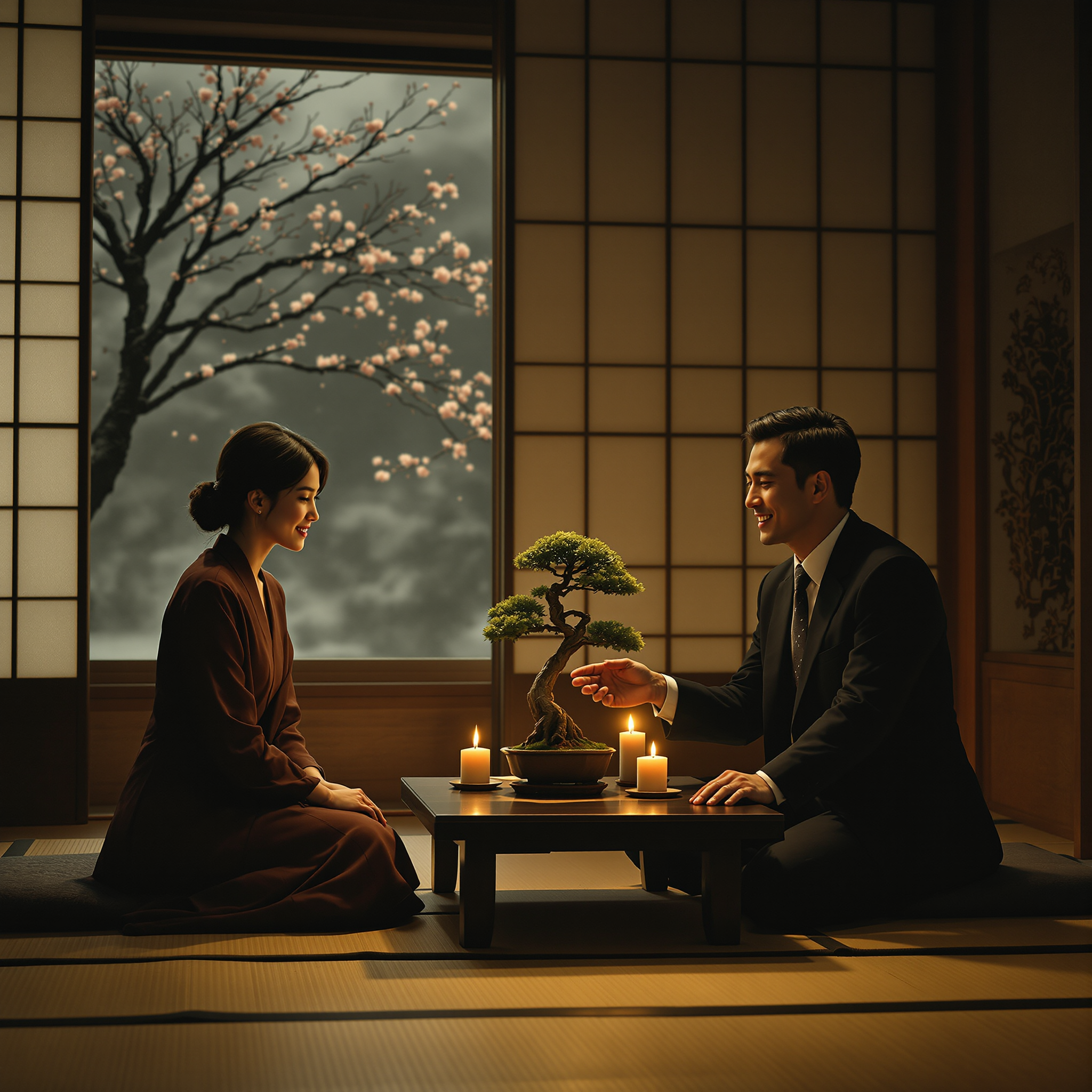This superstition advises against gifting miniature items such as bonsai trees, small figurines, or tiny symbolic objects. Within the belief system, the small size of the object is metaphorically linked to limited prospects or suppressed development. Bonsai trees, although admired for their beauty and craftsmanship, are specifically singled out due to their cultivated stunted growth, which is viewed negatively in this context. The superstition maintains that offering such a gift may symbolically transfer the ‘stunting’ qualities to the recipient’s life—affecting their emotional, financial, or professional growth. As a result, in regions or families where this belief persists, gift-givers often avoid presenting compact or miniaturized items, especially during occasions intended to represent flourishing or progress, such as weddings, birthdays, or business promotions.

A baby’s future career or fate is predicted by the first object they select during a ceremonial setup.
In several Asian and Eastern European cultures, a traditional ceremony is held for babies usually around their first birthday. Known


